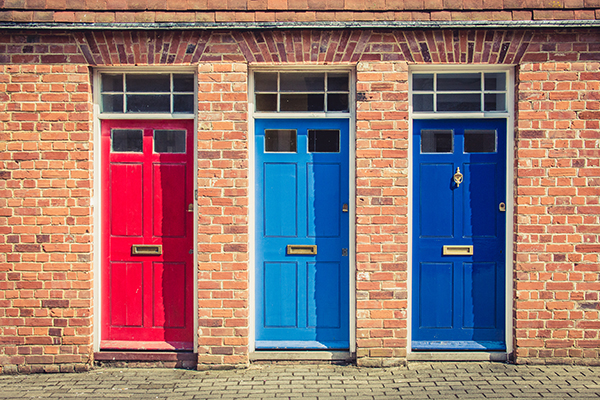You are viewing 1 of your 1 free articles
 Jules Birch
Jules BirchHelp to Buy should be more targeted – with house builders paying their share
As house builders hail the ’success’ of Help to Buy, Jules Birch argues the scheme needs some adjustments
Where next for Help to Buy? Take a quick look at any of the results published by the major house builders this week and it becomes clear just how dependent most of the industry still is on the equity loan scheme.
Barratt relied on Help to Buy for 36% of its sales in the year to the end of June – to put that in perspective all its other private sales only accounted for 31%.
In the past six months, Help to Buy accounted for 39% of sales at Taylor Wimpey and 36% at Bovis.
And a presentation to analysts by Redrow showed that 40% of its sales came via Help to Buy in the year to the end of June.
No wonder its chair Steve Morgan calls it a “godsend” and wants clarity about what happens when the scheme expires in March 2021.
“Take a quick look at any of the results published by the major house builders and it becomes clear just how dependent most of the industry is on the equity loan scheme.”
A report from the Home Builders Federation (HBF) this week claims that Help to Buy has been an “unmitigated success”, ensuring the construction of 170,000 new homes in its first five years, while supporting 150,000 jobs and helping 137,000 first-time buyers on to the housing ladder.
But increasingly hostile coverage in the national press concentrates far more on soaring profits, pay and shares at the major house builders and wealthier buyers taking advantage of interest-free loans that they do not need.
A report in the Sunday Telegraph suggested that the government is set to announce a scaled-back successor “more targeted at those it is meant to be helping”, perhaps restricting it to first-time buyers, reducing the maximum price of a property and introducing a household income threshold.
Something like that would begin to tackle the problems with Help to Buy without sending a dependent industry into instant withdrawal symptoms, with dire consequences for the government’s ambition to deliver 300,000 new homes a year.
The HBF argues that Help to Buy’s critics ignore the fact that it increases supply – unlike, for example, the Right to Buy.
That is a fair point that cannot be made about other versions of the scheme: the Help to Buy ISA rewards anyone who can save up to £12,000, with a bonus of up to £3,000, and amounts to a £8.6bn gift from the taxpayer that does not generate a single new home.
Meanwhile, unless there is a housing market crash, the government will make a profit when Help to Buy loans are paid off. The HBF estimates that loans of £8.9bn could currently be worth £9.8bn, while the last accounts from Homes England showed that £526m of Help to Buy loans were repaid in 2017/18.
Critics also tend to blame Help to Buy for all of the excessive profits and bonuses paid by house builders when they have probably benefited as much if not more from measures to cut ‘red tape’, such as the viability loophole on affordable housing and the relaxation of energy efficiency regulations and from scaling back the incentives they offer to buyers.
That said, the problems with the scheme have also been pretty clear from the beginning.
An external evaluation of Help to Buy for the government suggested that more than half of the homes completed under the scheme would have been built anyway and that many buyers used it to buy a more expensive home than they would have been able to afford otherwise.
And the balance of housing investment remains overwhelmingly tilted towards the market rather than genuinely affordable homes.
For all these reasons, a more targeted extension to the scheme makes sense to maintain the supply of new homes after 2021, while reserving help for first-time buyers who really need it.
Help to Buy would then start to look a lot like the schemes that it replaced but with one big difference: under both FirstBuy and HomeBuy Direct equity loans were co-funded by house builders rather than wholly financed by the taxpayer.
Given that annual profits at the 10 biggest house builders have already risen from £1.9bn to £4.9bn since Help to Buy began, they might just be able to afford it – or some other quid pro quo for continued taxpayer support.
Either way, they should put their money where their mouth is.
Jules Birch, award-winning blogger











